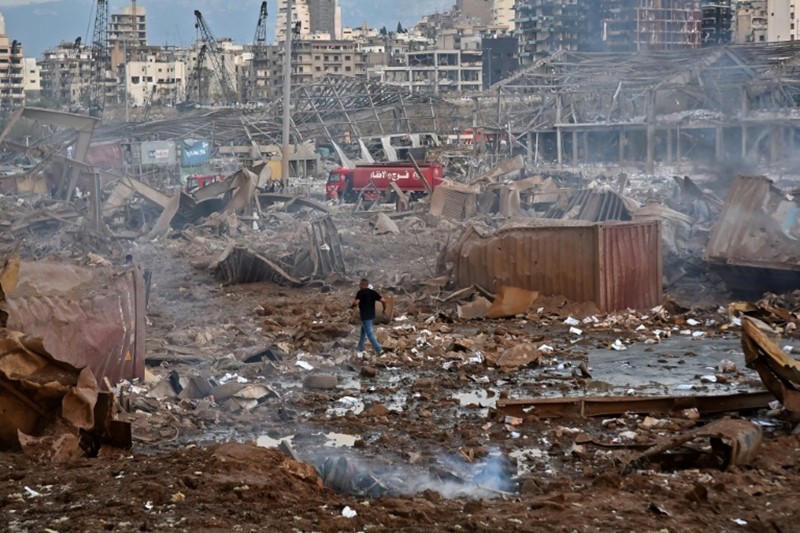
Beirut, 24 August 2020 – UNESCO’s Director-General Audrey Azoulay will travel to Lebanon on Wednesday, 26 August 2020, for a two-day official visit. During this trip, she will meet with people affected by the explosions of 4 August, and visit schools and historical buildings in Beirut that were heavily damaged by the blasts.
In the context of the UN response to these events, the United Nations Educational, Scientific and Cultural Organization (UNESCO) has been entrusted with the task of coordinating the international response in education. The Director-General will meet officials and civil society representatives with a view to assessing the situation and fine-tuning UNESCO'S work in solidarity with the Lebanese people, as they seek to rebuild their capital city.
“The Lebanese people can count on UNESCO's support in mobilizing all actors and helping preserve the rich cultural life and heritage of Beirut," said the Director-General. “I will ensure that education and culture are a central part of reconstruction efforts, and that special attention is given to the most vulnerable. Education, heritage and culture must be the foundations of the reconstruction,” she added.
The latest assessment shows that close to 160 public and private schools in Beirut and surrounding areas were damaged by the blast, which could deprive more than 85,000 Lebanese and non-Lebanese students of the right to education. As rehabilitating schools is a necessary condition for access to primary and secondary education, UNESCO was designated to lead efforts by partners and donors to rehabilitate schools, and to ensure that learning never stops.
In addition, at least 8,000 buildings in Beirut were impacted by the blasts, especially in the central districts of Gemmayzeh and Mar Mikhaël. Among them are some 640 historic buildings, approximately 60 of which are at risk of collapse. UNESCO will lead the international mobilization for the recovery and reconstruction of Beirut’s culture and heritage, based on Lebanon’s technical needs assessment, and develop the International Action Plan for Culture in Beirut with all its partners, in Lebanon and abroad.


